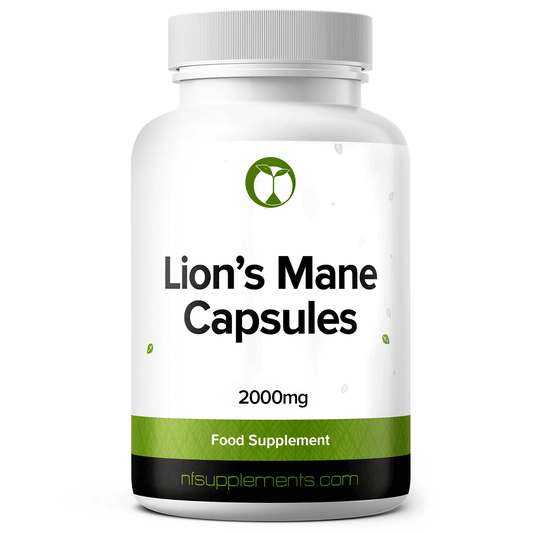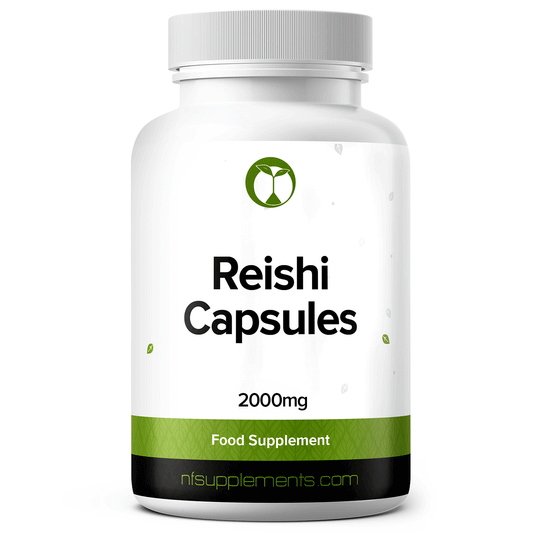Study 1
Study type:
Randomised, double-blinded, placebo-controlled, prospective clinical trial
Purpose:
To assess the immune-enhancing effects of Cordyceps militaris in healthy male adults.
Dose:
1.5 g/day of Cordyceps militaris or placebo
Participants:
80 healthy men aged 19-64 years
Duration:
4 weeks
Results:
Cordyceps militaris supplementation had positive effects on the immune system of healthy adult males. Participants who took a daily dose of 1.5 g of Cordyceps militaris showed increased levels of cytokines, which are small proteins that regulate the immune response. Specifically, it increased the number of lymphocytes (a type of white blood cell that is part of the immune system and elevated levels of T-helper cell 1 cytokines, which enhance immune responses. Notably, Cordyceps militaris was found to be safe with no reported side effects.
Year:
2015
Link:










